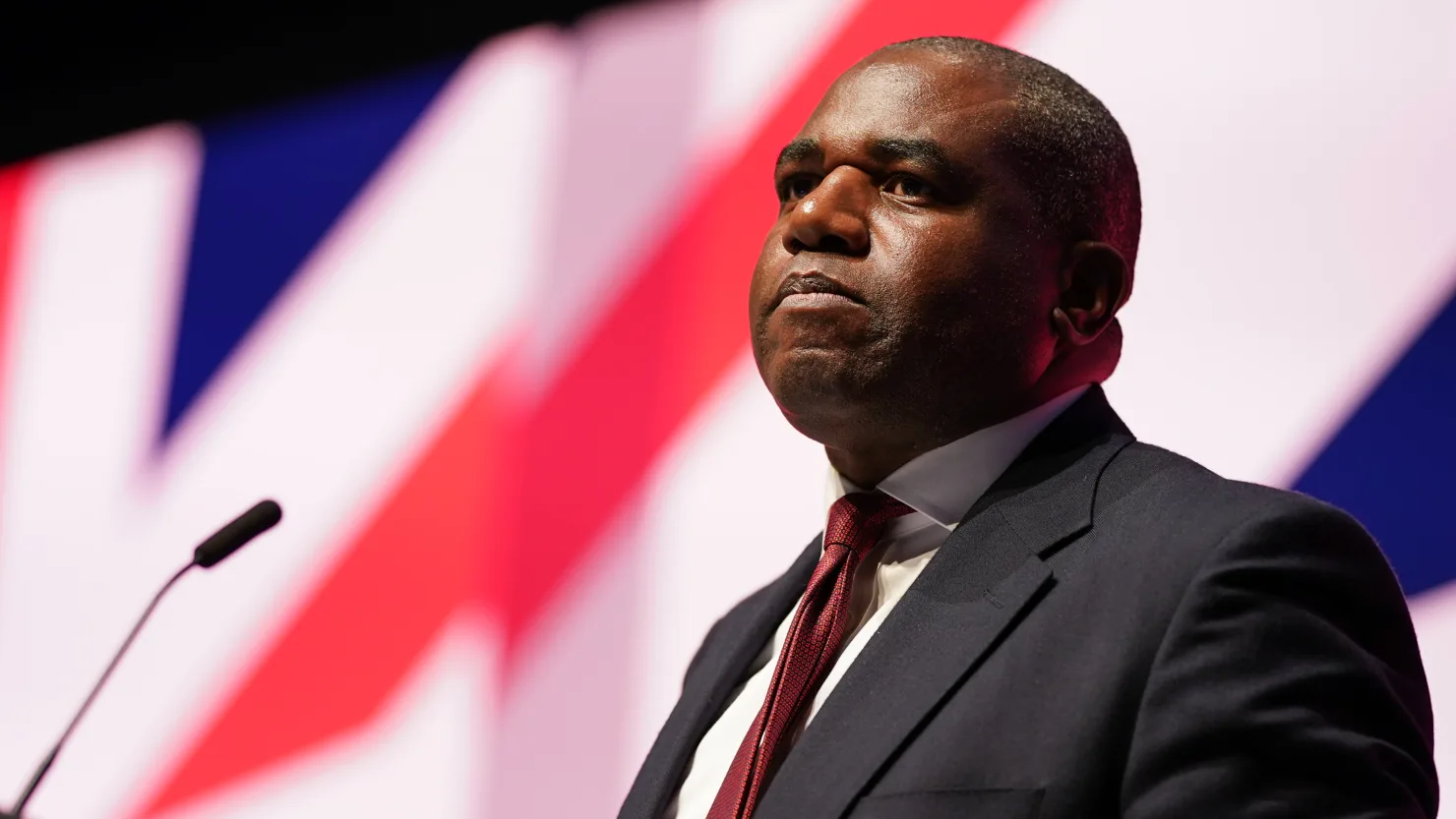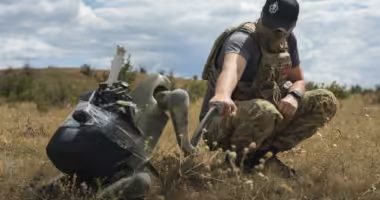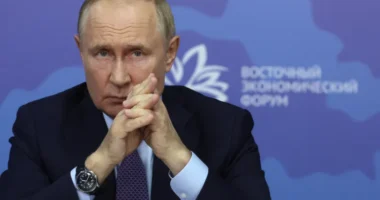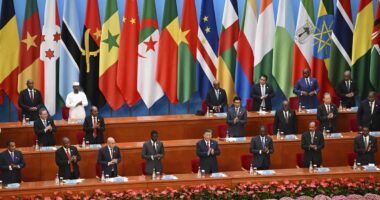The UK has recently suspended 30 out of approximately 350 arms export licenses to Israel, citing concerns about potential violations of international humanitarian law (IHL). This decision was announced by Foreign Secretary David Lammy on September 2, 2024, following a detailed review of the use of British-made equipment in Israel’s ongoing military operations in Gaza. The licenses suspended primarily cover equipment related to fighter jets, drones, and helicopters, which could potentially be used in the Gaza conflict, raising fears they might facilitate IHL breaches.
Background of the Decision
The suspension of these licenses comes amid growing international scrutiny of Israel’s actions in Gaza, particularly its military response to Hamas. While the UK continues to affirm Israel’s right to self-defense, this move reflects heightened concerns about the humanitarian impact of the conflict, especially on Palestinian civilians. The decision follows calls from human rights organizations and some members of parliament to review arms sales to Israel, arguing that British-made equipment could be contributing to the violence.
Lammy stressed that the suspension is not a full arms embargo but a targeted action aimed at preventing British exports from being used in a manner that contravenes international law. He explained that the government’s assessment revealed “a clear risk” that some exports could be used to commit or facilitate serious violations of IHL in Gaza. Therefore, the UK acted in accordance with its legal obligations under the Export Control Act, which mandates the suspension of arms exports when there is evidence they may be used in unlawful ways.
International and Domestic Reactions
Israel expressed disappointment with the UK’s decision, with Israeli officials arguing that it sends the wrong message during a critical moment in their fight against Hamas. Amichai Chikli, Israel’s minister for diaspora affairs, criticized the timing, pointing to recent attacks on Israeli citizens and the need for international cooperation in combatting terrorism. Israeli Foreign Minister Israel Katz reiterated that Israel operates within international law and condemned the UK’s suspension as misguided.
On the other hand, human rights groups, such as Amnesty International, welcomed the decision but argued it did not go far enough. Sacha Deshmukh, Amnesty International UK’s chief executive, described the move as “too limited” and criticized the UK government for not implementing a complete ban on arms exports to Israel. The group has continuously called for an end to all arms sales that could contribute to the ongoing conflict and human rights abuses in Gaza.
The decision has also sparked debate within the UK. Some MPs, particularly from Labour’s backbenchers and opposition parties, have pushed for a more comprehensive arms embargo on Israel, not just for items that may be used in Gaza but also in the West Bank. Liberal Democrat foreign affairs spokesperson Layla Moran, for instance, voiced concern that the decision did not cover all areas where violations might occur, while Green MP Ellie Chowns questioned why many licenses were exempt from the suspension.
Limited Impact on Israel’s Military Capability
Although the suspension is significant politically, its direct impact on Israel’s military operations is expected to be limited. The UK accounts for only about 1% of Israel’s arms imports, with the United States being Israel’s largest supplier. Between 2019 and 2023, the U.S. supplied around 69% of Israel’s arms, and key items like the F-35 fighter jets used by Israel in Gaza are produced through a multinational program. The UK’s suspension does not affect parts made for the F-35 as these are part of a global supply chain.
Conclusion
The UK’s suspension of arms exports to Israel is a significant political move that underscores the increasing pressure on Western governments to hold Israel accountable for its actions in Gaza. While it falls short of a full embargo, the decision reflects growing concerns about the potential misuse of military equipment and the broader impact of the conflict on civilian lives. The suspension marks a notable shift in UK policy, particularly under the new Labour government, and could influence future arms export decisions by other nations.
Image Credit : Ian Forsyth | Getty Images News | Getty Images





